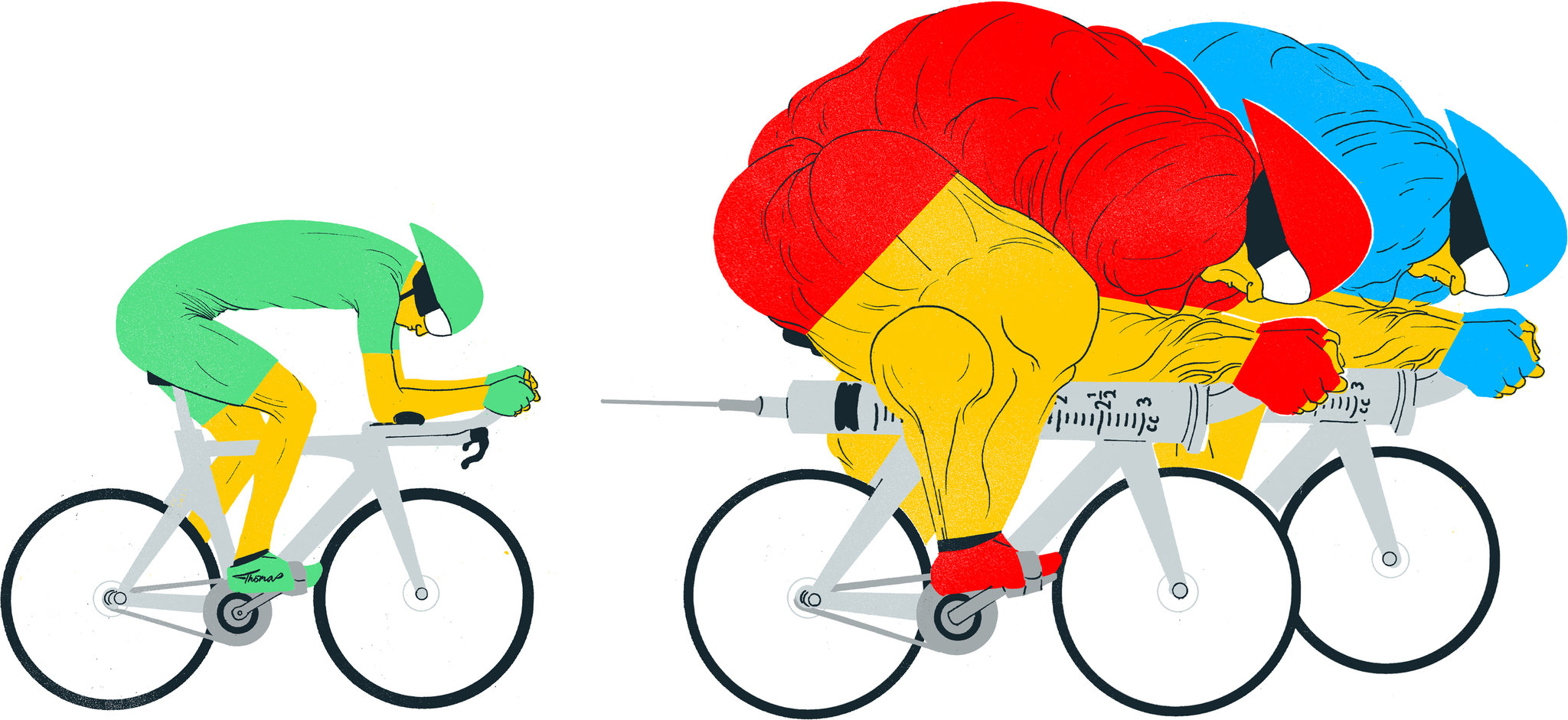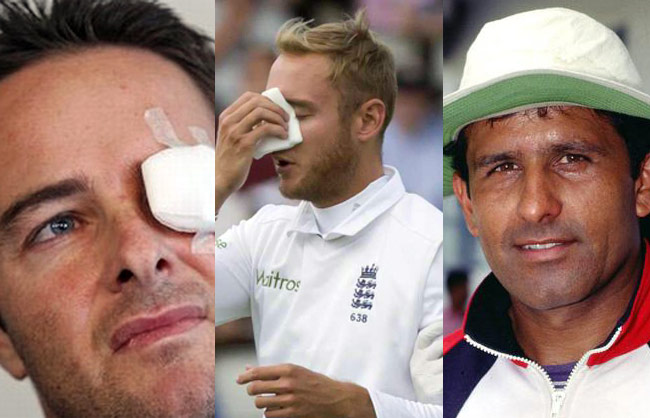
Think Before You Dope…
January 8, 2017
Common cricket injuries
March 12, 2017 The 2015 American biographical sports drama thriller film, Concussion, was based on the exposé “Game Brain” by Jeanne Marie Laskas, published in 2009 by GQ magazine.
The 2015 American biographical sports drama thriller film, Concussion, was based on the exposé “Game Brain” by Jeanne Marie Laskas, published in 2009 by GQ magazine.
This movie highlights the danger of repetitive head impact and concussion in a contact sport (NFL in this movie) and advocates to sports bodies all over the world to put strict guidelines in place to identify, manage and treat sports players with potential concussion.
What is a concussion?
A concussion is an impact or sudden movement of the skull and causes injury to the brain. This can cause structural brain injury, which can be seen with the naked eye on brain scans. A concussion is an injury to brain nerve cells and disturbance of brain function which manifests in different athletes or players in many different ways.
The fundamental change to the concussed brain is a slower speed to take in and processes information. The delay in reaction time that occurs is caused by damage to nerve cells (neurons). Therefore, the message signal that is transmitted along the damaged nerve, transmits much slower.
KEY POINTS:
1. This can occur without loss of consciousness.
2. All athletes with any symptoms following a head injury – must be removed from playing or training – must not return to playing or training until symptom-free or until all concussion-related symptoms have cleared or have returned to pre-concussion level – must complete a Graduated Return To Play programme – should be assessed by a medical practitioner.
3. Specifically, return to play or training on the day of a concussion or suspected concussion is forbidden.
4. This condition can be fatal – do not return to play if symptoms persist.
5. Most players with concussion recover with physical and mental rest.
CLEAR INDICATORS OF CONCUSSION/SUSPECTED CONCUSSION
Any of the following symptoms clearly indicate a concussion:
– Seizure
– Loss of consciousness – confirmed or suspected
– Unsteady on feet or balance problems or falling over or poor coordination
– Confused
– Disorientated – not aware of where they are or who they are or the time of day. Dazed, blank or vacant look
– Behavioural changes e.g. more emotional or more irritable.
Other signs of concussion / suspected concussion – one or more of the following may suggest a concussion:
– Lying motionless on ground
– Slow to get up off the ground
– Grabbing or clutching of head
– Injury event that could possibly cause concussion
– Headache
– Dizziness
– Mental clouding, confusion, or feeling slowed down
– Visual problems
– Nausea or vomiting
– Fatigue
– Drowsiness/feeling like “in a fog“/difficulty concentrating
– “Pressure in the head”
– Sensitivity to light or noise
At our clinic we are using advanced and modern protocols for baseline online concussion assessment, follow-up evaluation and return-to-sport protocols. With the help of the HeadSmart system (www.headsmart.me), you will be able to do an on-field assessment with the First responder App. Our sports medicine doctor will evaluate your symptoms and determine your risk via the app. This protocol will also assist you to decide if you need to stop your sport and come in for a full concussion evaluation with our sports medical team.


